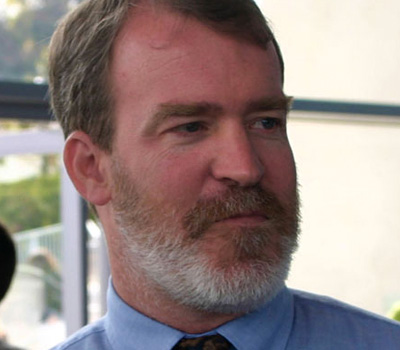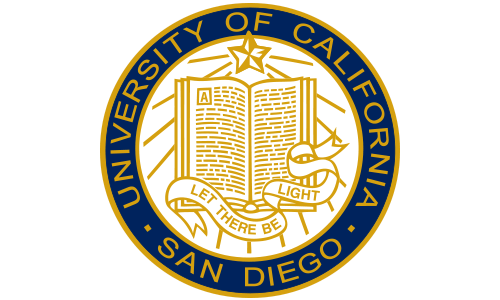Understanding the connection between scientific discovery and public opinion
Should science lead society or should society lead science? That is the question Dr. John Evans, Professor and Chair of Sociology at University of California, San Diego is asking. Modern science and medicine are among the greatest of our human inventions, resulting in the reduction of suffering and making our lives easier in incalculable ways. But, this will not happen if the public does not support science. The vast majority of the research ultimately requires the public to have faith in science. However, the success of modern science and medicine has led some to the conclusion that science is the only way of knowing anything, and that science should lead society instead of serving it. The traditional view of the public has been that science should serve our humanistic values, not determine them. When science no longer follows society's values, but sets those values, support for science declines.
-
In his research, Dr. Evans will examine cases where scientists are promoting a value position and compare these views with those of the public. For example, should the evolutionary principle of increasing efficiency be considered the moral foundation for humanity? Is the biological definition of the human all there is to being human? Should we follow the medical imperative to heal at all costs and try to increase life expectancy to 140 years?
-
As a social scientist, Dr. Evans examines what society thinks of these questions. Currently he is writing a book about what average Americans think a human being is, and comparing that to the biologists' vision of a human. In previous books he has examined how the profession of bioethics imparts society's vision on science, as well as what average Americans think of scientific innovations like reproductive genetic technologies.
-
If you believe in science, but think that the direction of science and medicine should be led by society's vision so that science is supported, then Dr. Evans' research is for you.
Bio
The core of his research focuses on topics in religion, culture, politics and science.
Dr. Evans has published over forty five articles and three books.
These books and articles are primarily about controversial social, scientific and medical issues in public debates; the relationship between religion and science; and the structure of the profession now called bioethics. His most recent articles have examined the view of religious people toward scientific issues like global warming.
Dr. Evans earned his B.A. from Macalester College and his Ph.D. from Princeton. He has been a Post-doctoral Fellow at Yale, a visiting member of the Institute for Advanced Study in Princeton, NJ, and has held a visiting professorial fellowships at the University of Edinburgh and the University of Muenster.
His first book, "Playing God? Human Genetic Engineering and the Rationalization of Public Bioethical Debate" (2002, University of Chicago Press), won the Distinguished Book Award from the Religion Section of the American Sociological Association.
He is currently conducting research for a book that examines the extent to which American citizens accept a scientific definition of the human being, compared to other religious and philosophical conceptions, and whether a particular definition is associated with how humans are treated.
In general, his research contributes to normative debates about the proper divide between religion and science by determining what the public thinks of the divide.
His next research project will examine what issues American citizens think should be determined by scientific knowledge (e.g. global warming), and which should be determined by other ways of knowing about the world (e.g. the purpose of life).
In the News
Los Angeles Times
It is a history of professional bioethics, an evaluation of the profession's current crisis, and a proposal for its resolution, all told from the vantage point of a social scientist
UC San Diego is preparing a major national survey that will ask the public a simple but difficult question: What is a human?
Publications
Videos
Awards
Distinguished Book Award
Sociology of Religion Section of the American Sociological Association, for Playing God? Human Genetic Engineering and the Rationalization of Public Bioethical Debate
Chancellor's Summer Faculty Fellowship
UCSD
Summer Writing Fellowship
Louisville Institute, Louisville Seminary, Louisville, KY


